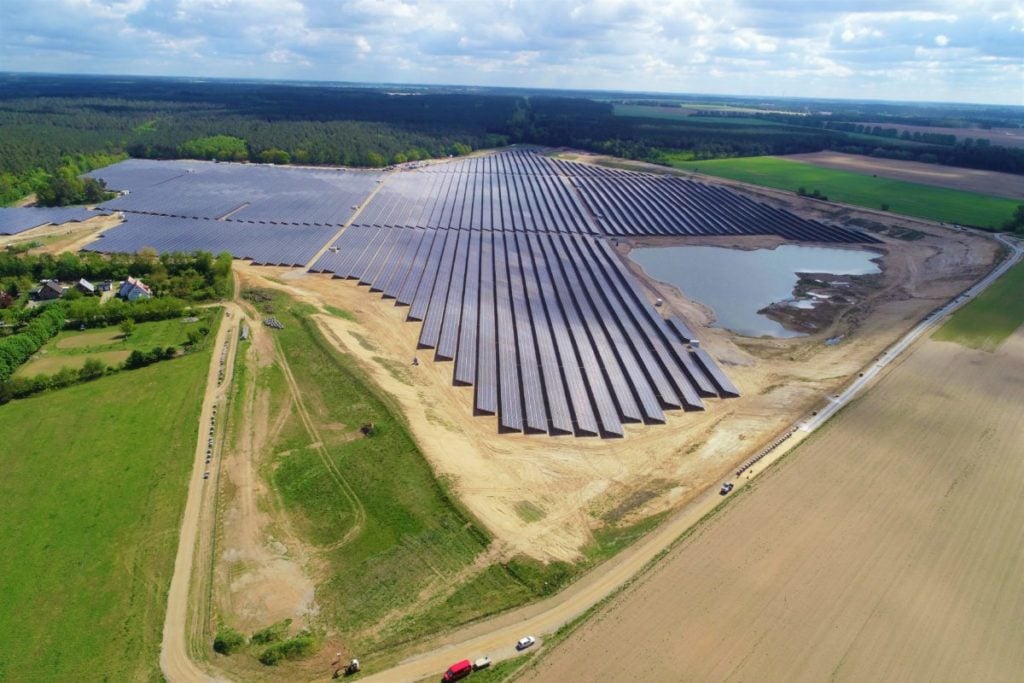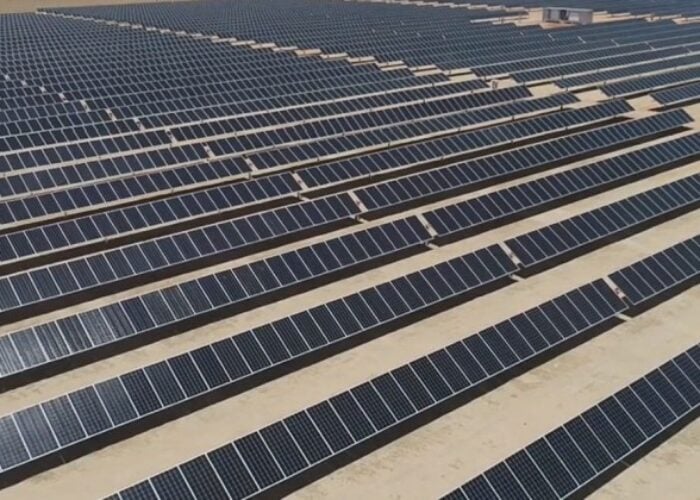
Germany has now installed more than 100GW of solar PV after adding 1.1GW in January 2025, according to monthly data from the German Federal Network Agency (Bundesnetzagentur).
Last year was a strong year for solar PV in Germany with the country installing over 16GW of solar PV.
Try Premium for just $1
- Full premium access for the first month at only $1
- Converts to an annual rate after 30 days unless cancelled
- Cancel anytime during the trial period
Premium Benefits
- Expert industry analysis and interviews
- Digital access to PV Tech Power journal
- Exclusive event discounts
Or get the full Premium subscription right away
Or continue reading this article for free
January’s additions mark nearly two consecutive years of monthly PV additions of more than 1GW, as shown in the chart below. However, installations have reduced by 500MW year-over-year and are closer to the numbers registered in 2023 than the ones in 2024.
The south-eastern state of Bavaria installed the most solar PV in the first month of 2025 with 273.5MW. It is followed by North Rhine-Westphalia, in western Germany, with 156.6MW, while Baden-Württemberg closes the podium with 146.5MW of solar PV added in January 2025.
Cumulatively, these three states are also the ones with the most installed capacity as of the end of January, although with the second and third position switching. Bavaria has nearly 27GW of installed solar PV, while Baden-Württemberg follows with 12.6GW and North Rhine-Westphalia is third with 12.3GW.
These are also the only states with more than 10GW of solar PV installed, and represent half of the 100GW of installed PV at the end of January.
New legislations ahead of general election
Ahead of its general election this week, the German government recently passed several key energy policies. Amongst them is a new rule that will remove electricity peaks and negative pricing associated with excessive generation of solar power at certain times of the day.
Called the “solar peak” legislation, it will remove feed-in-tariff compensation during negative pricing.
Another policy that was recently passed will better integrate power peaks with the grid with the strengthening of PV systems, while being more cyber-secure.
Both changes aim to better handle negative pricings, which reached 457 hours in 2024, the majority coinciding with PV generation hours.






